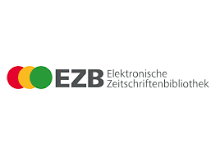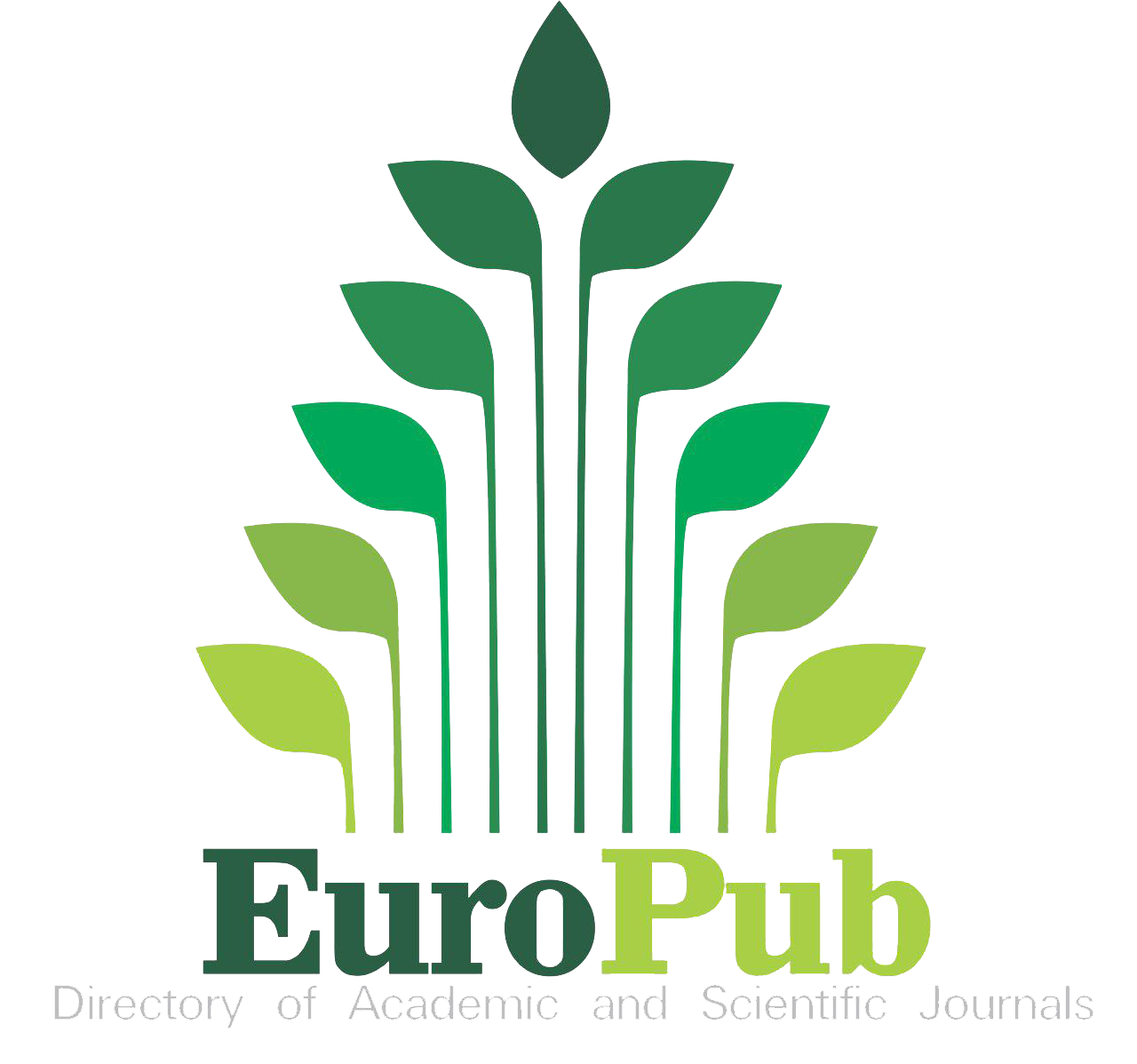Corpus-based approach efficiency in teaching English as a foreign language.
Abstract
The article describes the corpus-based approach efficiency in teaching English as a foreign language. The authors concentrate on the notion of “text corpus” and defines it as unified, structured and part-of-speech-tagged data in electronic form that is used for certain philological and, more broadly, humanitarian researches. The main approaches of Corpus Linguistics are humanistic, inductive, consciously-oriented, deductive ones. The alternative model based on the ability to encapsulate, i.e. “learning by using a database” gives any student an access to numerous facts of language use and leaves the student with all the work of analysing these facts and finding answers.


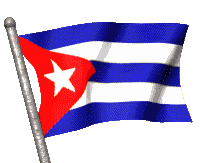









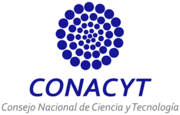
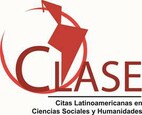



















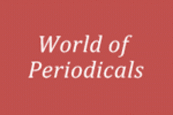
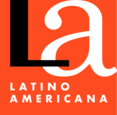

1.png)







1.png)



